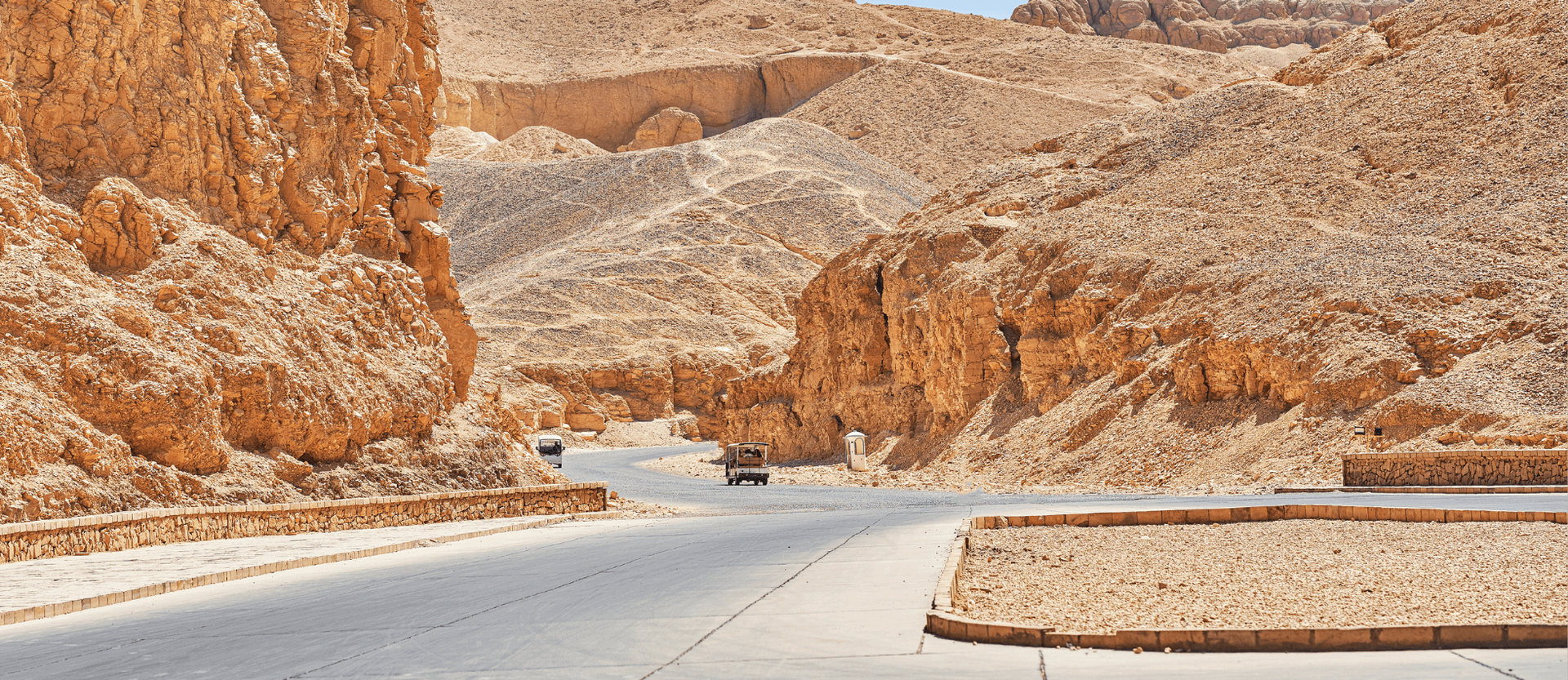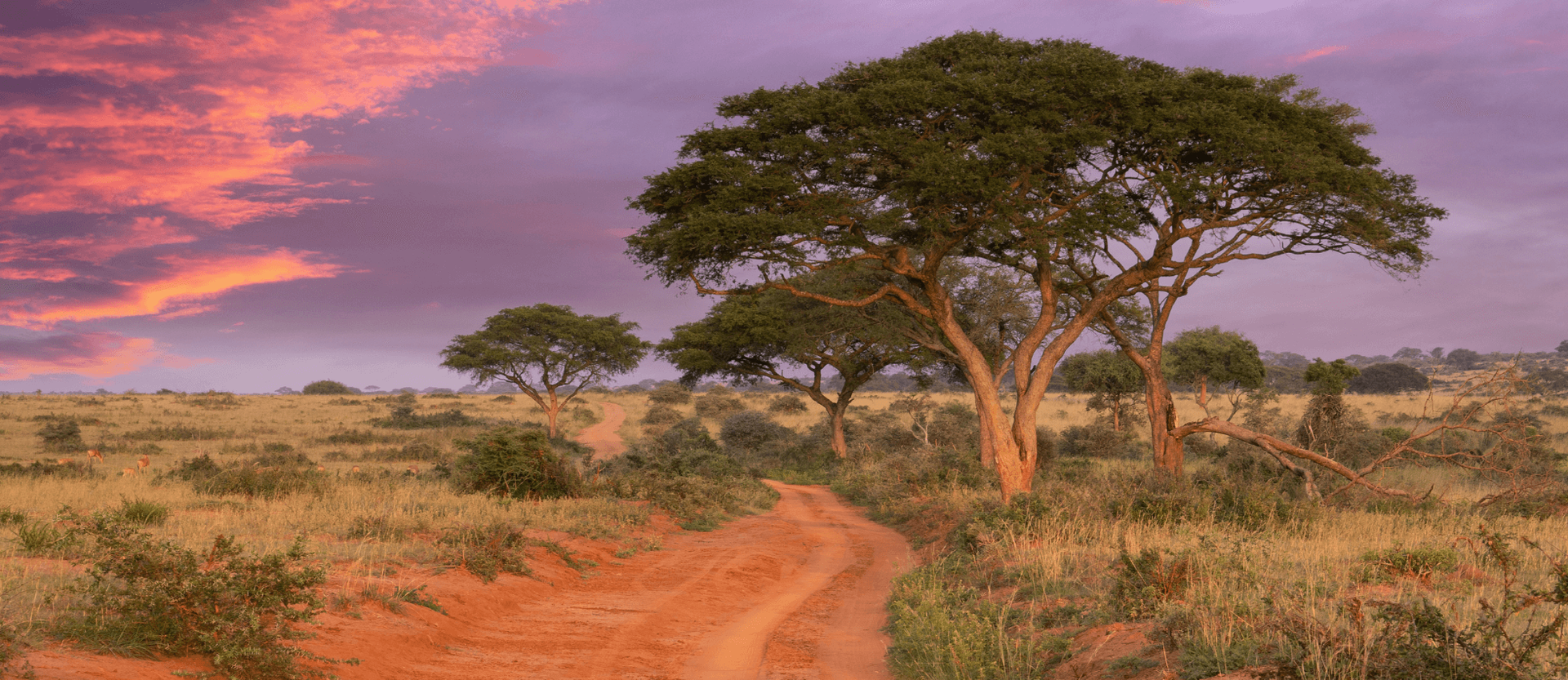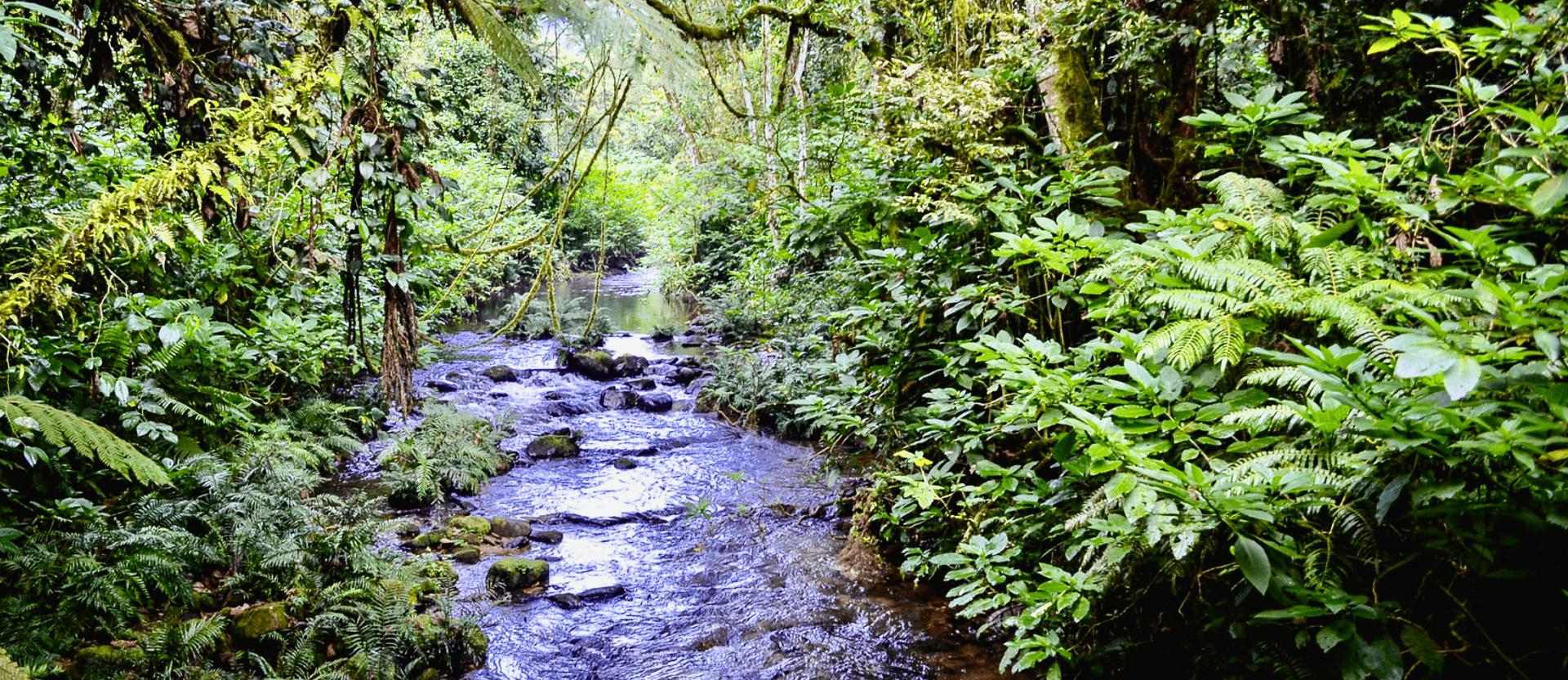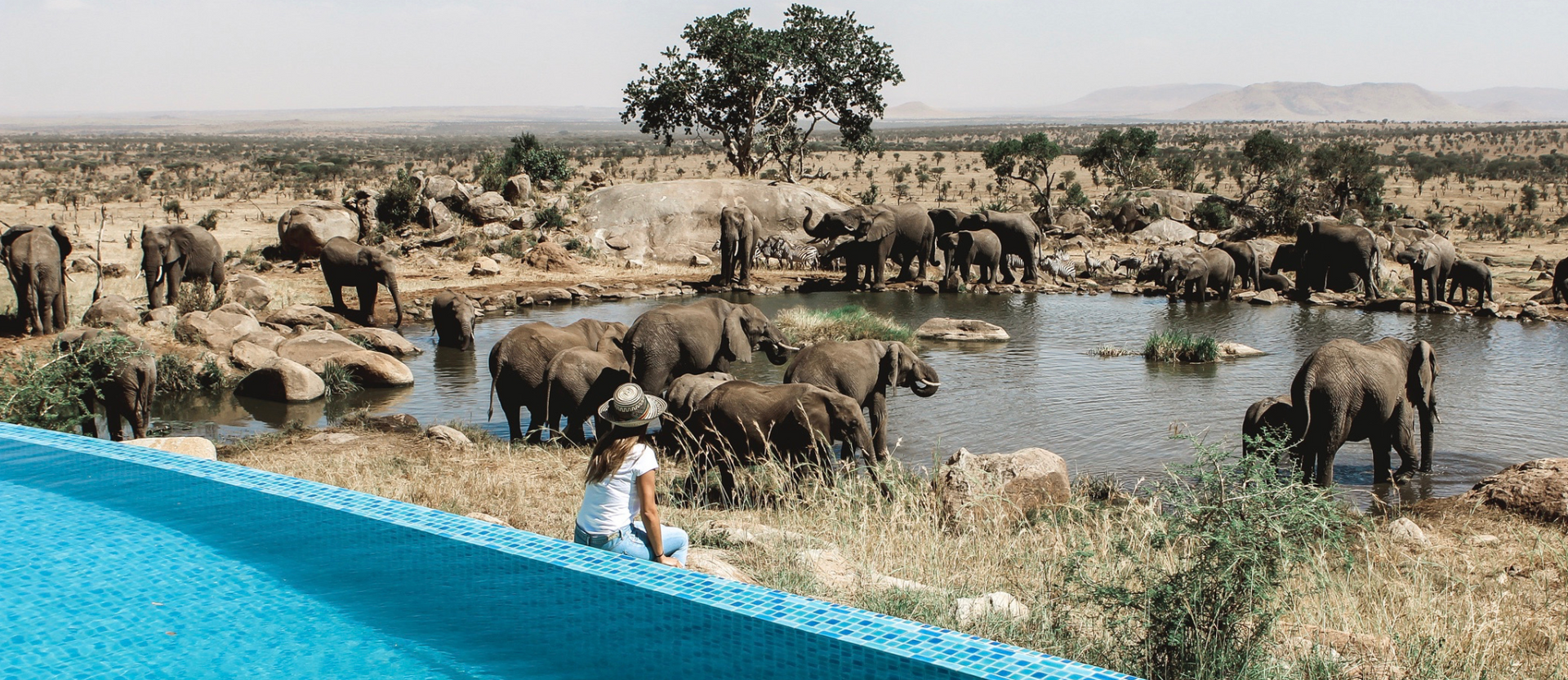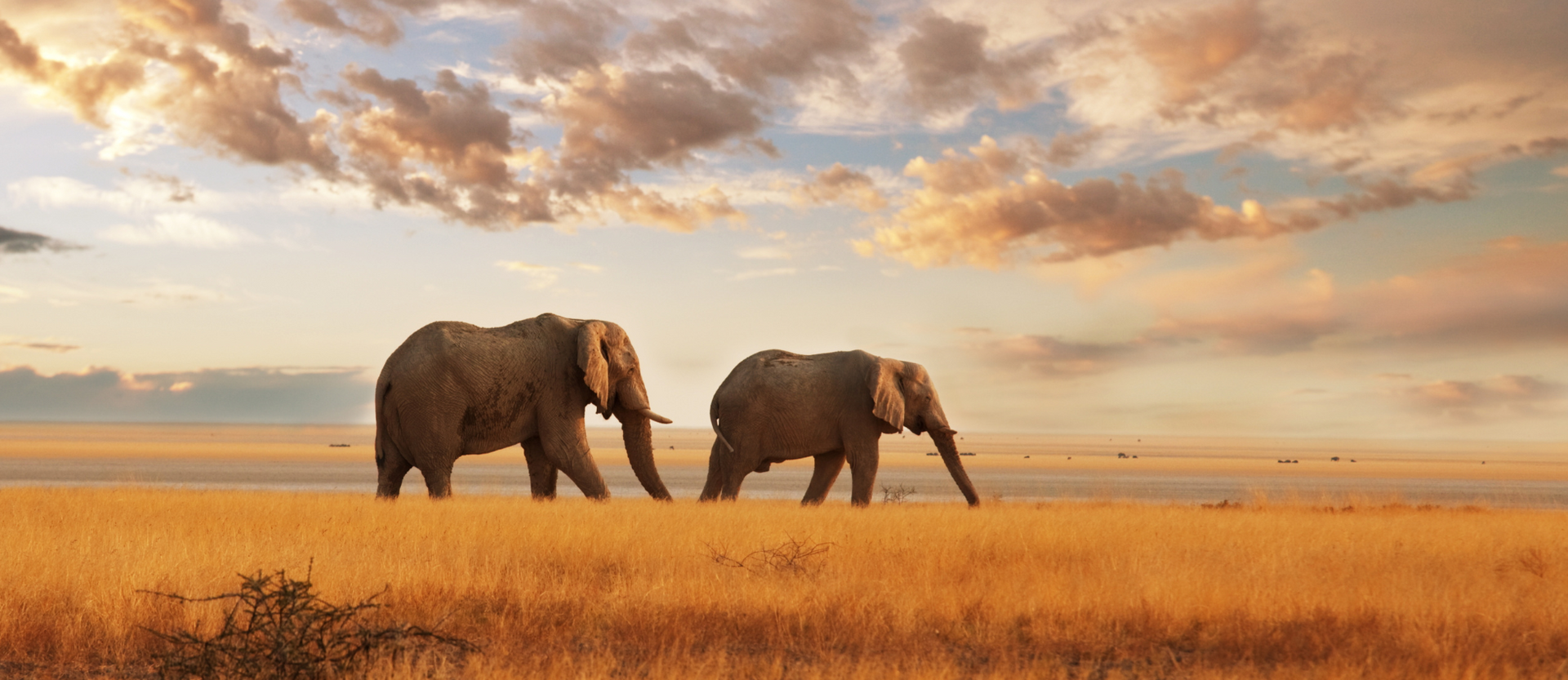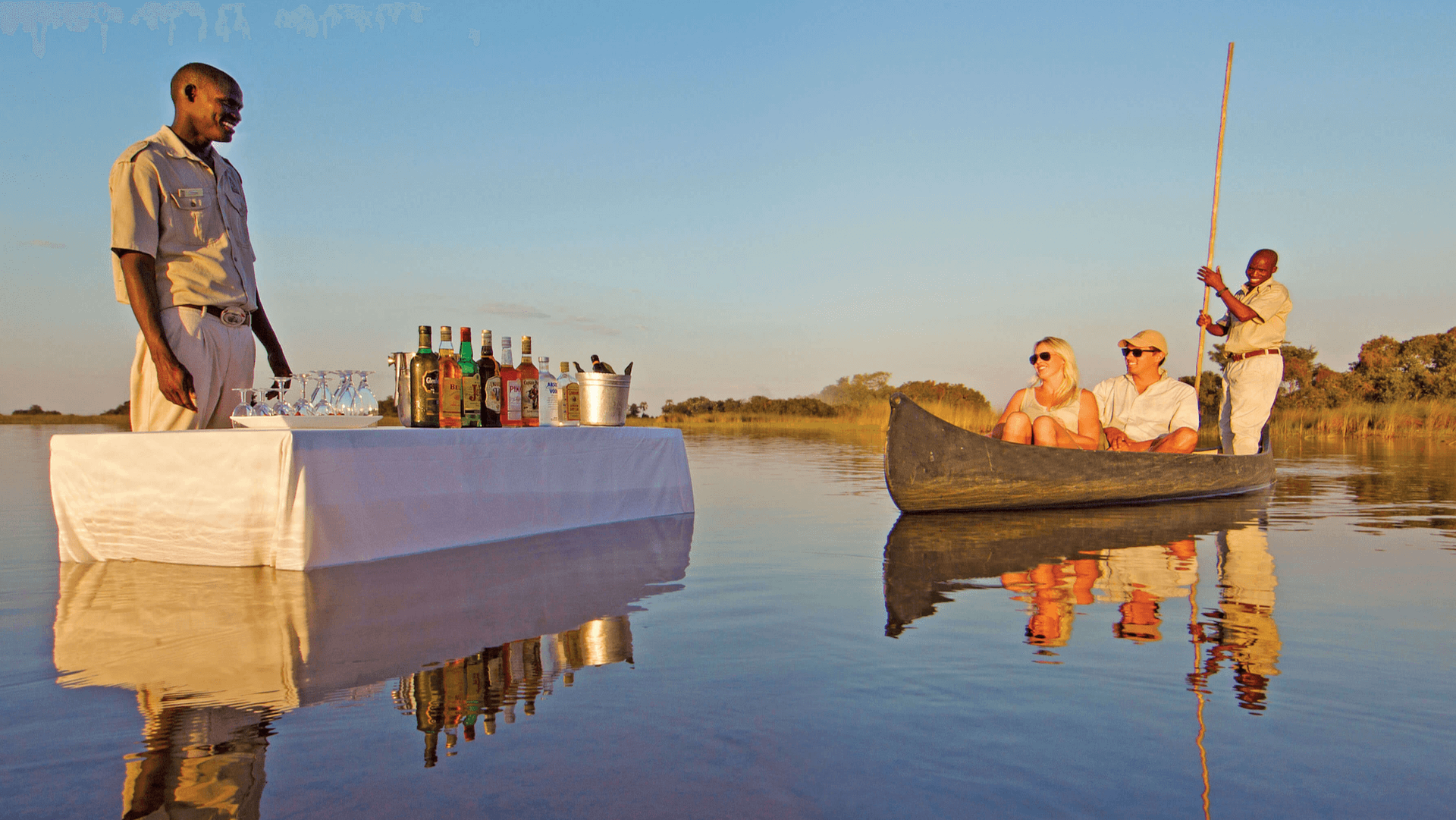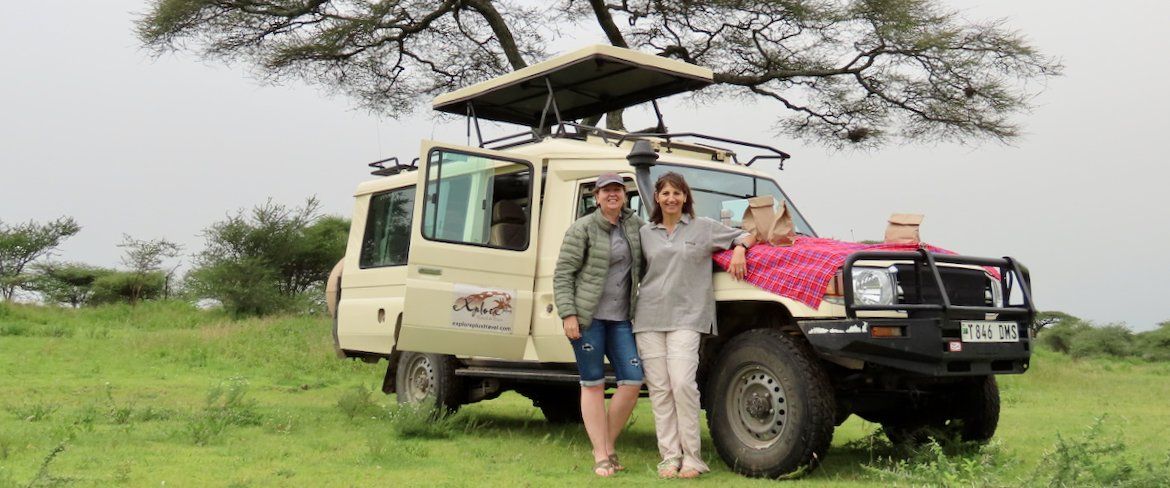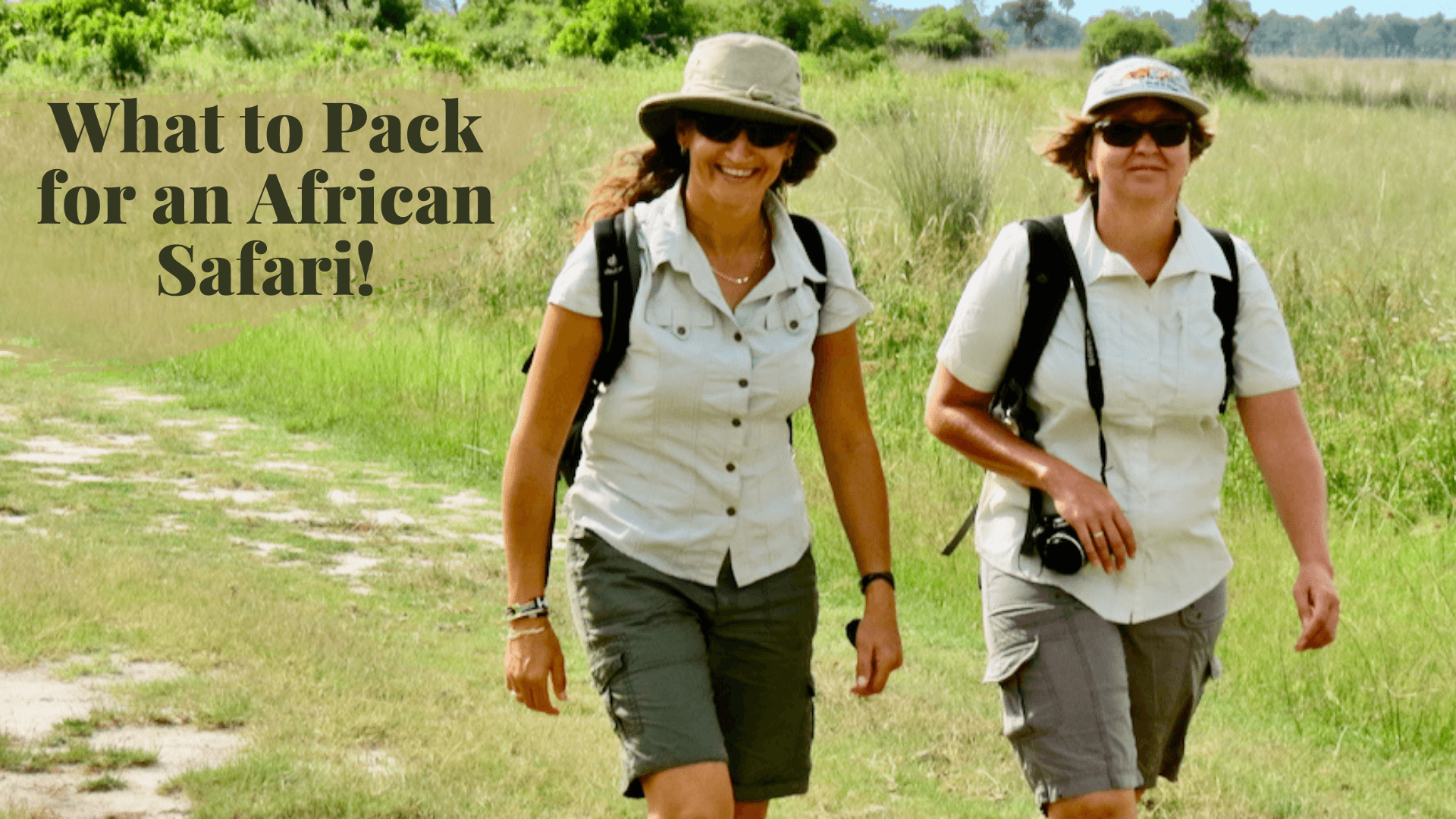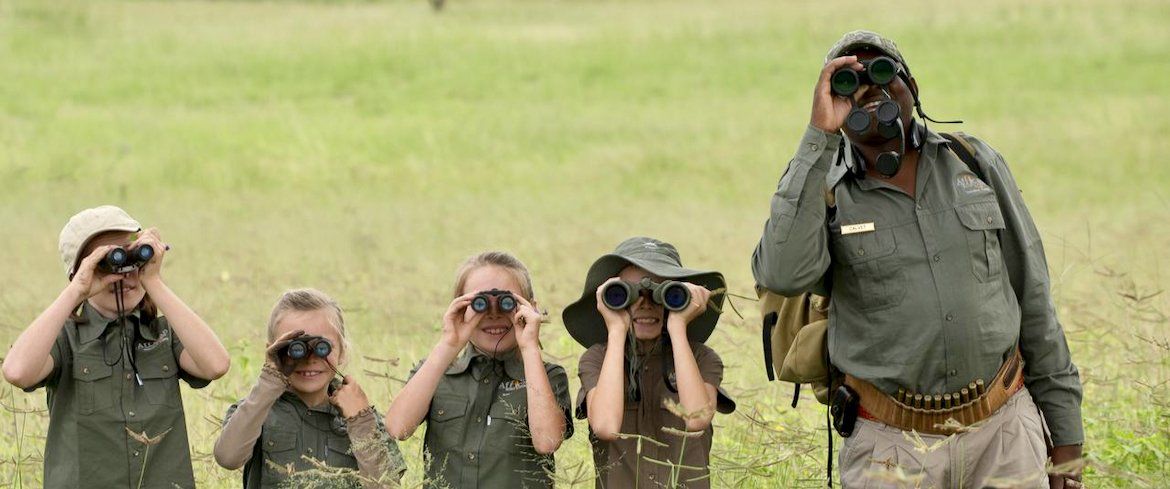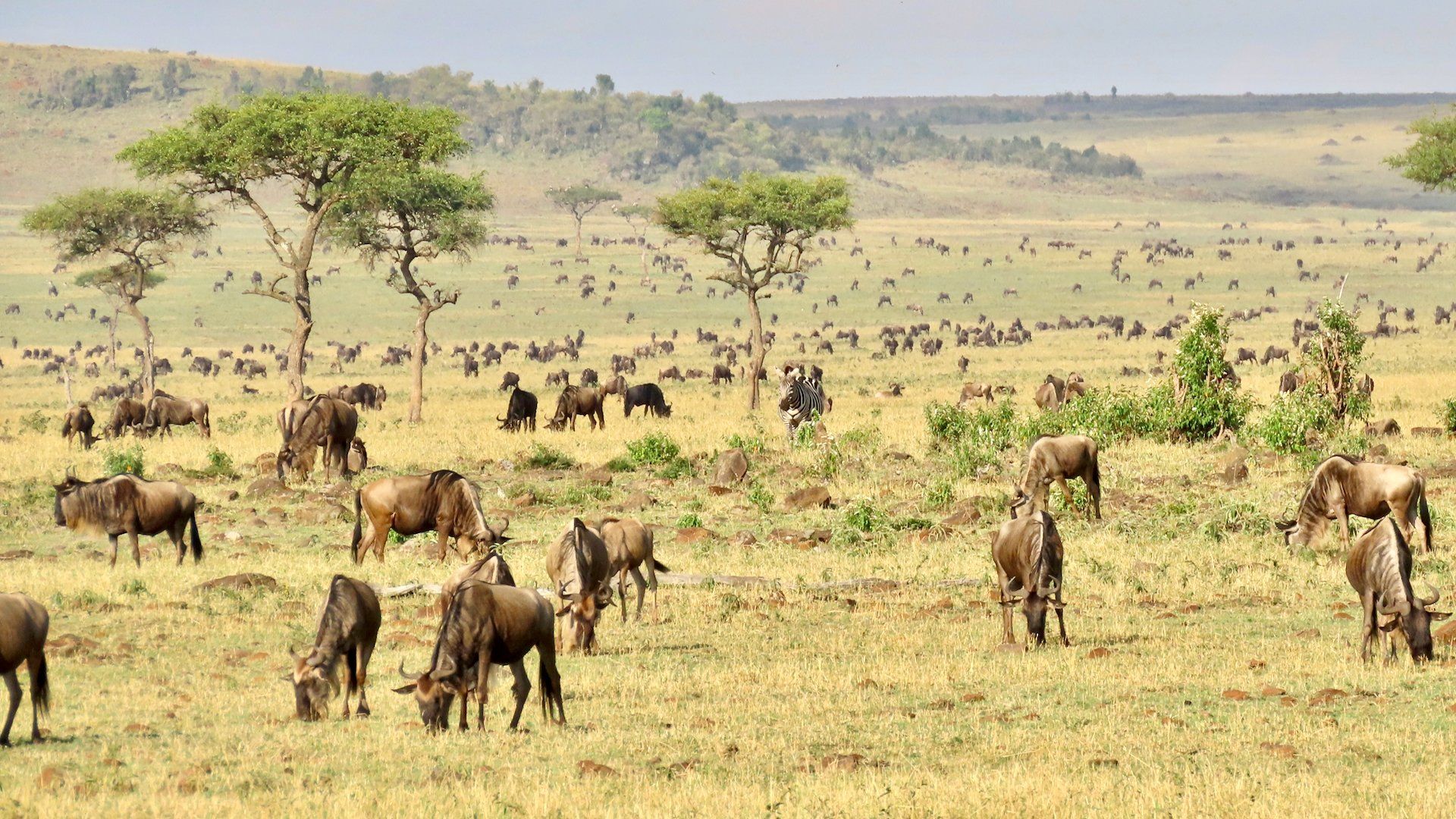1# African Safari Travel Essentials
Check Visa Information: If you need to get your visa prior to arrival, make sure you apply for it in time. If you have the option to get it on arrival, make sure you have all the necessary documents with you.
Cash: In most African countries, US Dollars are the preferred currency. Take enough cash in advance as there are no ATMs in the parks.
Update your Vaccinations 4-6 weeks before your trip.
Check for blank pages in your passport: you’ll need at least 3 black pages in your passport.
Passport expiry date: Make sure your passport is valid for 6-months after your return date.
Print copies: Print your booking information, a copy of your passport and your travel insurance.
Contact your bank: Let your bank know that you will be travelling so that they don't put your account on hold for "fraud."
Travel & Medical insurance – DO NOT travel to Africa without cover.
2# Luggage for your African Safari
The thing to remember when choosing safari luggage is mobility. You will move between several different modes of transport (airplane, vehicle & lodges) so plan accordingly.
- Avoid taking large bags on safari because safari vehicles have limited luggage space.
- If your safari includes intercamp flights, soft-sided duffle bags are a must-have due to weight and size restrictions (for example Botswana allow 20kg, but Tanzania, Kenya, Uganda only allow 15kg).
- Daypack - very handy for items you need while in the safari vehicle (e.g. snacks, camera, etc.)
- Packing cubes are for any type of trip. They also help us keep our gear organised (separate clean and dirty clothing) and make full use of the limited space we have in your safari bag.
- Pack essentials as part of your hand luggage as if your luggage gets stuck en-route to your safari destination (your bag might only reach you the following day), e.g. pyjamas, toothbrush and a set of clean clothes.
3# What clothes to pack for an African Safari
Most people make the mistake of taking along too much clothing. Take along comfortable, casual and semi-casual clothes that will fit into the bush as well as to relax at the lodges.
Here are the essential clothing items you should pack for your safari adventure:
- Short-sleeve shirts or t-shirts
- Shorts
- Long-sleeve shirts (for protection from both sun and mosquitoes)
- Cotton trousers or light pants
- Light jacket or fleece
- Pyjamas
- Wide-brim hat with an under-chin tie (to stop it being blown off in open-top safari vehicles)
- Comfortable walking shoes
- Lightweight sandals or flip flops (for wearing around the camp)
- Swimwear (for camps and lodges with a pool)
- Cotton socks and underwear
- Buff or, scarf or bandana (good for dust)
- Beanie (for chilly mornings)
- A light raincoat
- Sunglasses with polarised lenses (the glare can be intense)
- Smart casual wear for dinners
Top African Safari clothing tips:
- Pick neutral tones like khaki, stone and brown.
- Avoid dark blue and black during the day as tsetse flies are attracted to darker shades.
- It’s important to pack warm, windproof clothing for early morning and late afternoon game drives, which can get a bit nippy.
- A supply of Ziploc bags to keep your dirty laundry separate from your clean clothes.
- A pair of glasses for those that wear contact lenses (it's often too dusty to wear them comfortably).
- Ladies, on the bumpy roads of Africa, a decent sports bra is your best friend.
4# Toiletries
Your African safari packing list wouldn’t be complete without your everyday essentials! But what do you pack?
- Sunscreen (minimum SPF 30+) & after-sun cream.
- Hand sanitiser (for washing your hands when there's no water around).
- Tissues/Wet Ones wipes
- Toothpaste and toothbrush.
- Hairbrush/comb.
- Nail scissors / file / clipper / tweezers.
- Hairdryer (most lodges do supply hairdryers).
- Contact lens solution & extra set of disposable lenses.
- Eye drops: the air can be dry and dusty.
5# First-aid
On every trip, we advise bringing a robust collection of first-aid supplies. A shortlist of first-aid items we suggest getting include the following:
- Mosquito/insect repellent (the most effective includes DEET)
- Anti-malaria prophylactics if you travel to a country with malaria.
- Antihistamines for bug bites and allergic reactions
- Prescription medicines (as a backup take a copy of your doctor’s prescription with you)
- Painkillers
- Antiseptic cream
- Cold and flu medicines
- Anti-nausea tablets (for bumpy flights)
- Diarrhoea medication
- Rubbing alcohol or antiseptic spray
6# African Safari Gear
With luggage limits, you will only want to pack the most essential gear to make your safari more comfortable. As such, consider packing the following gear:
- Camera with dust cover and waterproof bag.
- Camera lenses, spare battery, charger, memory cards, etc.
- Video Camera.
- Tripod or a small bean bag to substitute a tripod.
- Binoculars.
- International plug converter.
- Small flashlight (to use inside your tent or to find your way around camp at night).
7# What Not to Pack
- Leave expensive jewellery at home! If you would be heartbroken to lose the item, don’t bring it along.
- In Tanzania, Kenya and Rwanda plastic bags are illegal and have been banned. For liquids, it is recommended to use transparent toiletry bags.
- Camouflage clothing is not recommended for travel in African countries.
- Please note drones are not allowed in national parks.
Always bring something extra to give to local children, like pens and pencils (or any school accessories), but we ask that you DO NOT CREATE BEGGARS - if you want to give anything to children, please give it to the parents to give to them.
Keep in mind that the items on your packing list will be defined by factors such as your destination, the type of safari you'll be going on and also the total duration of your trip.
If you are interested in our PDF packing list, feel free to send us an email and we will send over the detailed packing list to help you during your travels to Africa.
Share
